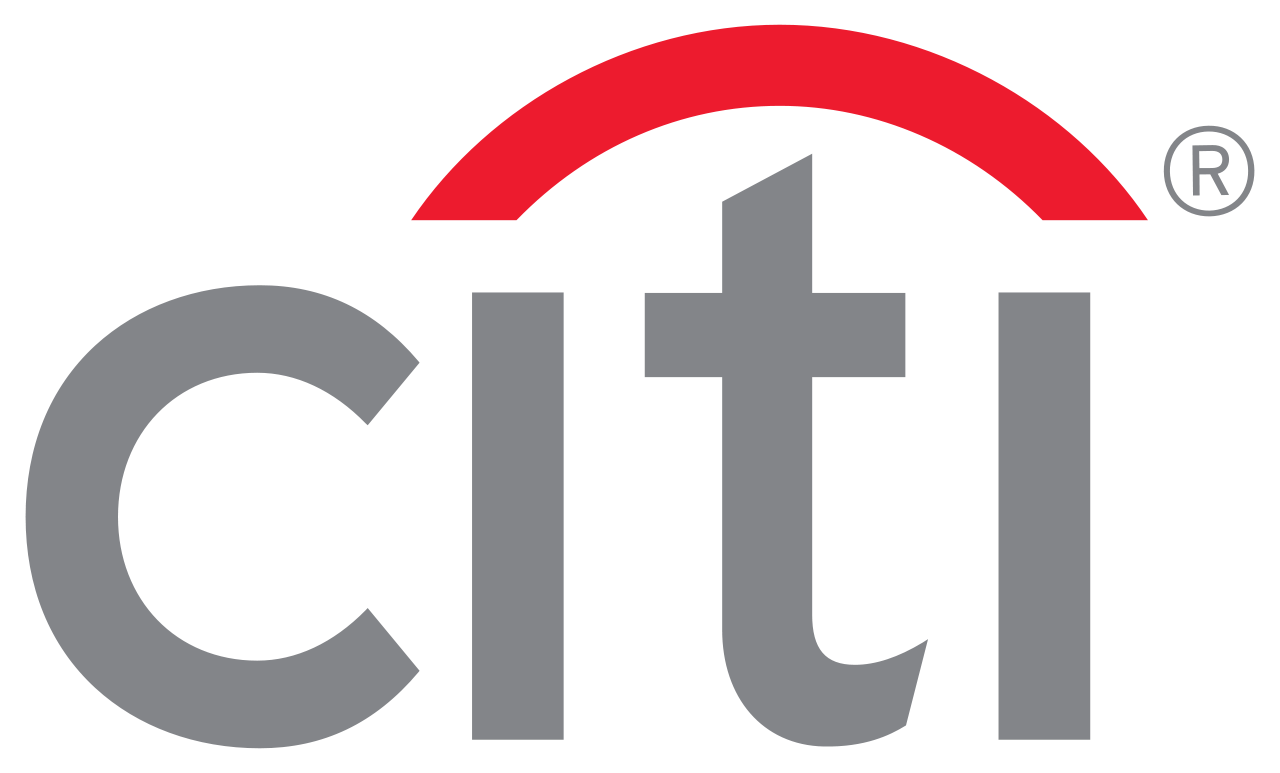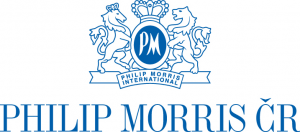Sellers taking on less risk in European M&A
1.04.2015Company: CMS
Sellers in European M&A deals assumed less risk in 2014 as the region saw a major uplift in M&A deal value, according to a study by CMS, Europe’s largest legal services organisation. In its seventh annual M&A review, CMS analysed over 2,400 of its non-listed European public and private company deals between 2007 and 2014.
Stefan Brunnschweiler, partner and Global Head of the CMS Corporate/M&A Group, said, “The risk to sellers in European M&A deals has seen a steady decline over the last few years. However, 2014 saw a marked increase in seller-friendly deal structures, in line with the relative boom in M&A value across Europe.”
Helen Rodwell, managing partner of CMS Prague, comments, “We have seen the trend towards a more seller-friendly market evolve over the last few years, but in the Czech Republic this development has particularly accelerated in the last 12 months. High-quality assets still attract growing numbers of bidders allowing sellers to negotiate more favourable conditions. Based on the transactions that signed in the first few months of 2015, we expect this trend to continue for the foreseeable future.”
CMS’s study indicates that the deal environment for sellers across Europe is back to pre-financial crisis levels. Two particularly notable pro-seller trends are the significant use of locked-boxes and warranty and indemnity (W&I) insurance. Locked-boxes fix the price of a deal without reference to any completion accounts adjustment and 2014 saw the greatest use in consumer products and business services deals. W&I insurance provides a solution for the ‘warranty gap’ where sellers who are not prepared or able to give warranties and indemnities can provide a package which will enable buyers to make warranty claims against the insurer. In 2014, W&I insurance was used primarily in private equity, real estate and infrastructure fund deals.
Additional pro-seller M&A deal structures in 2014 included:
Liability caps are lower: sellers’ liability was less than half the purchase price in 53% of 2014 deals versus 47% in 2013.
Limitation periods are shorter: deals with long tails dipped in 2014, with only 15% showing limitation periods exceeding 24 months.
There are more baskets and de minimis provisions across Europe (although financial protection in terms of percentage of deal size is getting lower): 71% of 2014 deals had de minimis provisions, compared with 63% in 2013. 69% of deals included basket provisions versus 58% in the previous seven years.
MAC clauses remain relatively rare in Europe (14% of deals): this ensures seller deal certainty. In contrast, the vast majority of US deals used a MAC clause (94%).
The use of security for warranty claims in favour of buyers is declining: security devices (such as escrow account, purchase price retention and bank guarantee) were used in 29% of deals in 2014, down from an average of 39% over the last seven years.
There are fewer non-compete clauses: 47% of deals versus 49% in 2013.
There was a significant increase in the use of earn-outs in European M&A in 2014, rising from 14% of deals in 2013 to 19% and indicating confidence in future performance by sellers. Earn-outs were especially popular in Northern Europe where usage was comparable to the US (21% versus 25%) and in the lifesciences sector.
Key regional differences across Europe were as follows:
Central and Eastern Europe sees the most MAC clauses and arbitration is the most likely dispute resolution mechanism in this region.
The UK remains keen on de minimis and basket provisions although sellers’ liability caps are higher than in other countries. 61% of UK deals had a liability cap of at least 50% of the purchase price. Deals in the UK were the least likely to have a MAC clause (only 3%).
Deals in German-speaking countries occupy the middle ground with regard to risk allocation. Deals were the least likely to have a short warranty limitation period of up to 12 months (14%). Earn-outs continue to be popular with 22% of deals containing earn-out provisions.
France still has the lowest liability caps but long warranty periods. The country saw a notable increase in the use of locked-boxes, compared with 2013, as did Southern Europe.
Deals in Benelux were the most likely to have escrow accounts as a mechanism for securing warranty claims (31%). These deals have the shortest general warranty periods with none exceeding 24 months.
Contact:
Erik Werkman, Head of Business Development and Marketing
+420 296 798 701
erik.werkman@cms-cmck.com
GLOSSARY
De minimis. An individual claim will only be considered if it is in excess of a minimum value.
Basket. The buyer will only be able to make a claim when the aggregate of all individual claims exceeding the de minimis threshold also exceeds the basket threshold.
Earn-out. Part of the purchase price is dependent on the future performance of the target business.
MAC clause. Material Adverse Change clauses give the buyer the right to terminate the agreement if a specific event defined in the agreement with negative impact on the target business occurs before closing.







